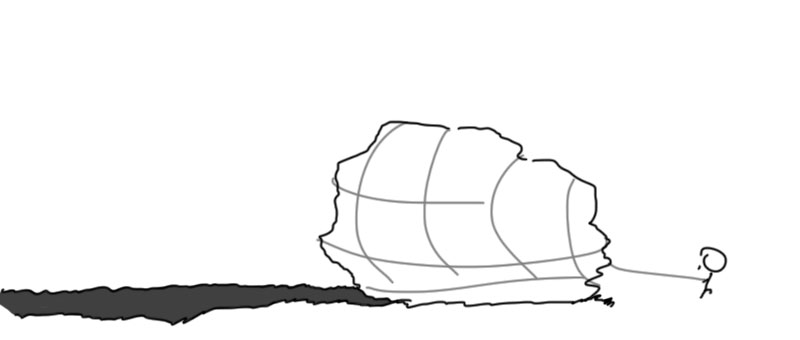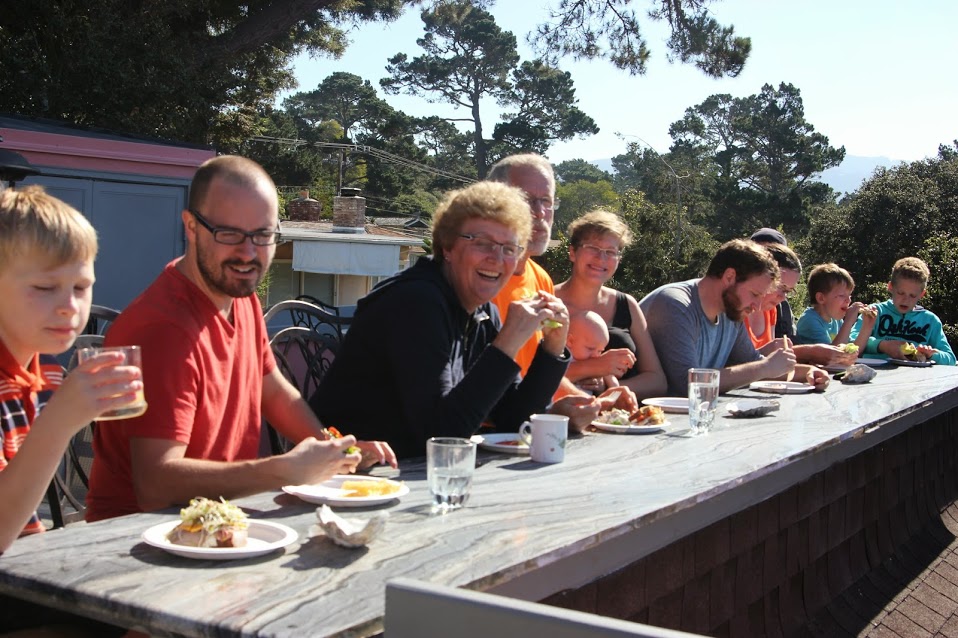Sonlight offers a wide selection of packages for your K-12 journey. We call the programs that include History, Bible, Language Arts, and Reading a Core. We were using this term long before Common Core became a political phrase. Sonlight has been around almost 25 years, so I feel "Core" is "our thing" that others have co-opted.
So what happens if you're unable -- for whatever reason -- to complete every single Sonlight program? We can broaden this question even further by asking, "What if my kids don't complete everything in their homeschool curriculum?" The answers are going to be roughly the same whether we're talking Sonlight's complete homeschool curriculum or your favorite math program.
The answer breaks nicely into four parts.
School vs Homeschool
First, it's encouraging to consider how schools handle not getting to certain content. The answer? They simply ignore it. Or they cram. The outcome is identical. As you know, there is no one "right" schedule. As a homeschooler, you can be flexible and cover material when it works for your family. For schools, when the year is over, it's over. I remember several classes in both high school and college where we simply skimmed or skipped the last few chapters of our textbooks. Remember: Your kids will never know everything. And that's okay.
Second, despite pressure from governments and educrats, there is no set standard you must follow (at least, not yet). Schools are increasingly locked into molds by the very tax dollars that fund them. You are still free because of your personal investment in your child's education. This investment is well worth the sacrifice! You can ensure what your children are learning aligns with your goals.
This highlights the third element here: Your educational choices are based on your family, not the system you're in. Sonlight has a very robust Scope and Sequence. You can use Sonlight programs from Preschool through High School. But Sonlight is intentionally flexible so you can make it fit your family, not the other way around.
How Sonlight Works
Sonlight starts with age spans. Each Core can be used with a range of ages and can be tweaked to accommodate an even larger spread. The benefit of using literature is that a well-written book will be meaningful for all ages, even you! This saves you time and money and gives you more options for dealing with a full school year.
Your Sonlight Core covers a certain period of history or area of the world. Sonlight's focus on history instead of social studies provides many practical benefits, but it also aids in combining students, covering content, and selecting the package that will fit your family's needs this year.
If you were to complete every Sonlight Core, you will have covered 3 sweeps through history. Each pass through the content unlocks new levels of exploration and understanding. But Sonlight is different in that we don't take a chronological approach to history. Why? Check out Reason 16 NOT to Buy Sonlight.
What You Miss
If you skip some of Sonlight, your kids will be fine, but you will miss out on...
- Great books. Sonlight's programs are famous -- with good reason -- for the fantastic literature you share with your children. If at all possible, these titles are not to be missed.
- Great discussion. With great stories comes great conversation. If you don't get around to reading everything within Sonlight, you'll miss out on opportunities to bond over the books.
- "Living" history. Wonderful historical fiction brings history to life. You and your children get to "be there" and "experience" the events of the past (unnecessary quotes much?). When it comes to learning history, this is the way to go.
Shared experiences, fond memories, inside jokes, a developing love for one another ... all these are great. But I want to make sure you hear this too...
What You Don't Miss
Your future. Your child's future.
If your student does not complete all of Sonlight's programs -- or everything in their workbook -- you're not ruining your child's life. This is the message all along: Schools skip chapters, Sonlight cycles through content, and there is always, always more to learn.
As with most things in life, I find it better to focus on the positives. You have the opportunity to use a great curriculum. If something comes up that keeps you from doing every last little thing in absolutely every program, no problem. What you and your child will miss are a few added benefits. There isn't a penalty, a punishment for skipping a book or Core or year. Keep your eyes on the end game and aim for that. Enjoy the benefits you encounter along the way.
If you'd like to discuss how you can choose and tweak your curriculum to fit your needs and give you even more opportunities for success, please take a moment to chat with a homeschool Advisor. It's free and you can move forward in confidence, knowing your plan for the coming weeks and months and year.
~Luke Holzmann
Filmmaker, Writer, Pseudo-Dad
P.S. There is something to be said for setting proper expectations for your students. There are times when students just need to push through and get stuff done. But even in that, grace is a great resource as you focus on a life-long love of learning.











